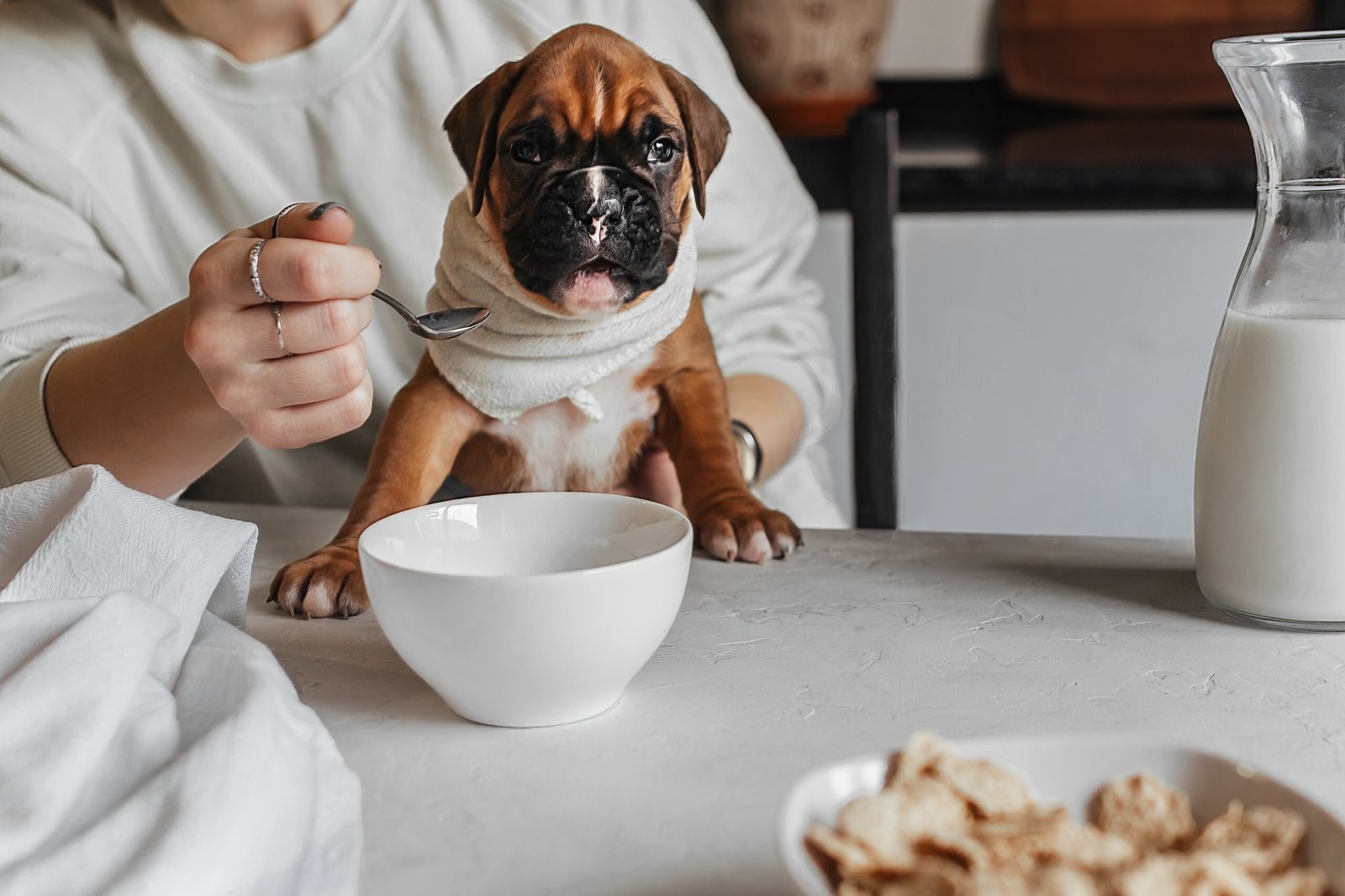As pet owners, it’s natural to want to share a tasty treat with your dog, but not all human foods are safe for pets. In this post, we’ll answer common questions like Can dogs eat hummus? and Is sage safe for dogs? Let’s explore these topics to ensure you make the best decisions for your furry friend.
Can Dogs Eat Hummus?
Hummus is a favorite snack for many, especially those looking for a healthy alternative to regular dips. But is it safe for your dog?
Hummus is usually made from chickpeas, tahini (sesame paste), garlic, olive oil, and sometimes additional seasonings. Let’s break down how these ingredients affect your dog:
-
Chickpeas: Chickpeas are safe for dogs in small amounts. They are high in fiber and protein, but feeding too many can cause digestive discomfort like bloating or gas. A little in moderation is fine.
-
Tahini: Made from sesame seeds, tahini is safe for dogs in limited quantities. While it provides healthy fats, it is also high in calories, so feeding it in excess could contribute to weight gain.
-
Garlic: Garlic is toxic to dogs and should be avoided. It contains compounds that can damage red blood cells, leading to conditions like anemia. Even small amounts of garlic can be harmful.
-
Olive Oil: Olive oil is safe for dogs when given in moderation. It offers healthy fats that can be good for their skin and coat, but it’s high in calories, so it should be used sparingly.
Conclusion: While some of the ingredients in hummus are safe for dogs, the garlic makes it dangerous. If you want to share a similar snack with your dog, consider making a dog-safe version without garlic.
Can Dogs Have Sage?
Sage is a flavorful herb used in many dishes, but is it safe for your dog to consume?
-
Small Amounts of Sage: In small doses, sage can be beneficial for dogs. It contains antioxidants and anti-inflammatory properties, which can support overall health.
-
Excessive Sage: While sage is safe in moderation, large amounts can cause digestive problems or even lethargy. Always be cautious with the quantity you provide.
-
Sage Essential Oil: Sage essential oils are highly concentrated and should never be used around pets. Essential oils can be toxic to dogs if ingested or applied to their skin.
Conclusion: Sage is safe for dogs in moderation and may even offer some health benefits. However, always avoid large amounts and never use sage essential oils around your pets.
Can Dogs Eat Kiwis?
Kiwis are packed with essential nutrients, but are they suitable for dogs?
Yes, dogs can enjoy kiwis in moderation! They are rich in vitamin C, fiber, and antioxidants. However, too much kiwi can lead to digestive upset due to its acidity and high fiber content. Always peel the kiwi and remove the seeds before offering it to your dog, and cut it into small pieces to prevent choking.
Conclusion: Kiwis are safe for dogs in small portions. Just be sure to remove the skin and seeds, and serve them as an occasional treat.
Why Do Some Cats Purr More Than Others?
If you’re a cat owner, you may have noticed that some cats purr more than others. But why is that?
Cats purr for various reasons. Some purr when they are content and relaxed, while others may purr when they are anxious or even in pain. The frequency of purring varies by breed and individual cat personality. For instance, certain breeds like the Siamese are known for being particularly vocal and may purr more often.
Conclusion: Purring is natural for cats, but if your cat purrs excessively or in a context where they seem unwell, it’s important to consult your vet. Understanding your cat’s behavior can help you take better care of them.
Final Thoughts: Sharing food with your pets is a special way to bond, but it’s essential to know what’s safe for them. Whether it’s hummus, sage, or kiwis, always check what’s appropriate for your pet’s health. If in doubt, consult your vet to ensure you’re feeding your furry friend safely.


